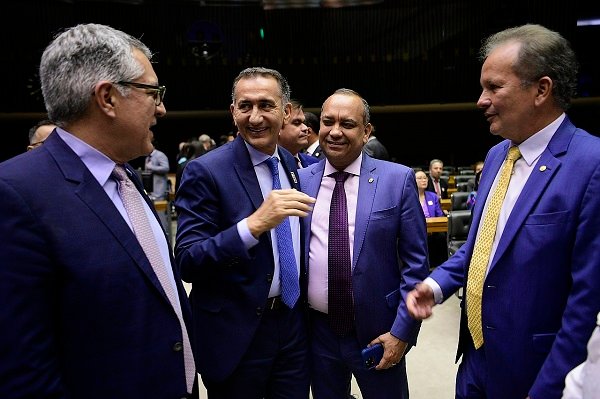The government took the first measures to reorganize itself after defeats in Congress. A scenario of lack of political support and continuing polarization became clear, associated with threats from parliamentary commissions of inquiry (CPI), and almost no projects approved. On Wednesday (10/05), the first meetings with allied parties were held.
This Content Is Only For Subscribers
To unlock this content, subscribe to INTERLIRA Reports.
Defeats
Recently, the Federal Chamber rejected changes made by the federal government in the Sanitation Framework. The project defeated was the first proposed by President Lula’s team since the beginning of the legislative works. Experts evaluate that this had a negative impact on its popularity and political strength.
The government also had to postpone the voting of the Fake News Bill (PL 2630) due to lack of votes and the threat of a new defeat at the ballots.
Lack of Support in Congress
After these defeats, it became clear the dissatisfaction of allies and the consequent lack of political support, particularly in the Federal Chamber. Lula tried to build a broad alliance of parties in Congress. Nine parties integrated this group: PT, MDB, PSB, PSD, União Brasil, PDT, PSOL, PCdoB and Rede. But, so far, that hasn’t secured the necessary votes to approve projects.
Meetings
To avoid new defeats, the government the Institutional Relations Minister Alexandre Padilha started a series of meetings with allied parties. In addition to Padilha, Vice-President Geraldo Alckmin was also involved in the meetings. However, President Luiz Inácio Lual da Silva was left out of these negotiations since he is seen as a “last resort”/solution for future crisis. The government requested its representatives to demand political support from allies, in exchange, it confirmed its commitment to release resources and administrative positions.
New Threats
The opposition has managed to build enough forces to create at least two parliamentary inquiry commissions (CPIs) that have potential to damage the government. One was implemented by the Congress and investigates the 8 January Attacks on the Three Powers Plaza. The second one focuses on the activities of the Landless Workers Movement (MST), which has strong ties to Lula and the Workers’ Party (PT). Even if nothing is discovered, members of the government and political experts believe that CPIs at this moment will at least slowdown the government’s progress and remove political efforts in Congress that could be devoted to obtaining the approval of important objectives at the Congress.
Our Analysis:
If this scenario does not improve, strategic projects, like the new fiscal framework risk not being approved, which will likely have more practical consequences, like difficulties in the management of the economy. This project can help decrease the country’s basic interest rate (Selic), making credit cheaper, which can feed a strong development of the economy – accelerating job generation –, in particular, of the local industry, Lula’s main project.
Source: G1 [1], [2], [3]; Folha de SP [1], [2], [3]; O Globo.




